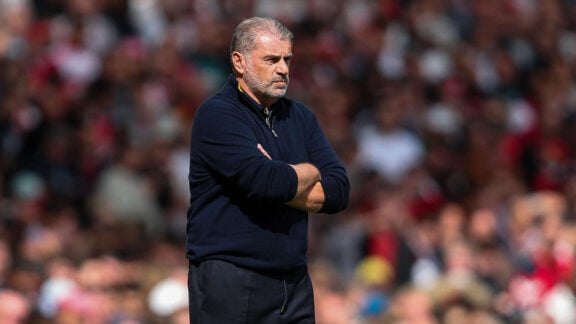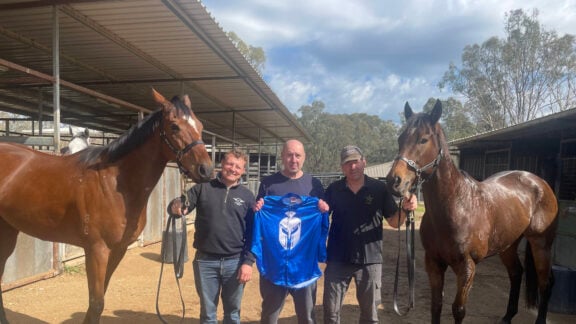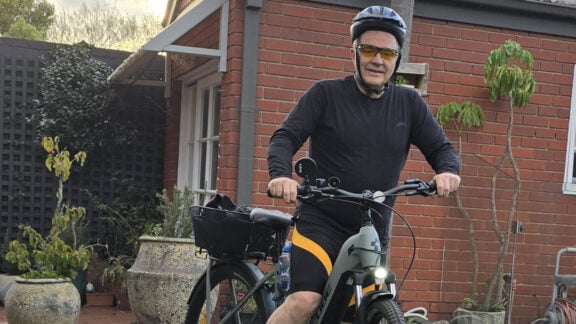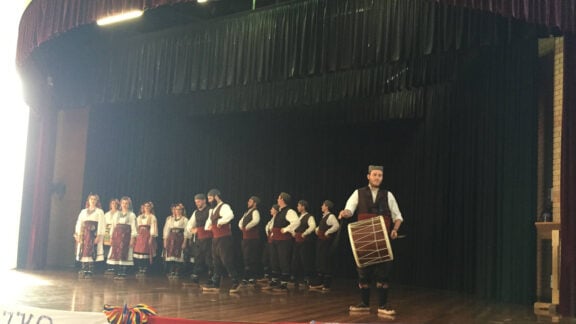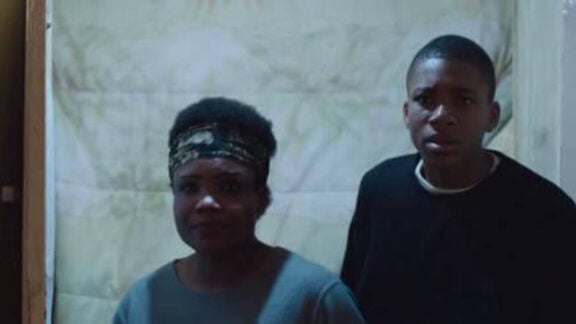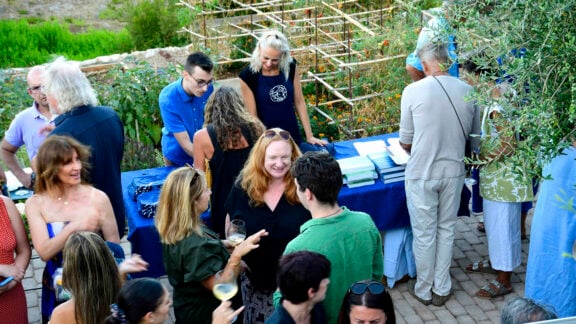Truth be told, it’s been hard to concentrate on the action taking part on the pitch, at this year’s European Championships in France. A surge of hooligan violence has spilt it’s sticky, crude blackness all over the tournament and try as we might, ignoring the urban warfare setting up camp just outside the stadiums has been a mountainous task.
There is however a truly magical, comic-book-like footballing story being written as we speak and its verve and sparkle could just prove dazzling enough to silence the baying barbarian crowds that want to claim Euro 2016 as their own.
This particular story spins around the feet of Dimitri Payet. If you had dropped his name in a footballing conversation just a few years ago, chances are you would have got a number of blank stares and a few dismissive waves for your troubles. And you wouldn’t have been able to blame any of them. While few would doubt the man’s undeniable skill, for most of his career Payet has made sure that his temperamental character was always the one pushing his playing genius into the shadows. Labelled by his coaches as “difficult”, “indifferent”, “unmotivated” and “problematic”, the current toast of France was slowly but surely guiding his career into football’s could-have-been territory, littered with the scuffed boots and fading jerseys of thousands of mavericks who never quite made it out of their head.
A patchwork-like career that found him switching Exelsior for Nantes and then on to Saint-Etienne and Lille, before ending up at Olympique de Marseille’s famed Stade Velodrome, Payet always arrived a few weeks after his reputation had already flexed its muscles through the press. It was thought that Argentine head coach Marcelo Bielsa, a hard line disciplinarian and shrewd tactician, who took over OM in 2014, would have no time for the rather brilliant winger, who certainly did not have tactics very high on his priority list.
In fact, it proved a turning point for Payet who recognized that Bielsa “made me more mature and consistent. He put order into my game. I still have his advice in my head”. More specifically, Bielsa decided that Payet would better serve the team in a central position, as an –almost– freewheeling number 10, away from the byline and let loose in the middle of the park, where his astonishing ball skills and ankle breaking tricks could unlock any defence and embarrass any team that would be unlucky enough to try and stop him.
Even so, when newly appointed West Ham coach Slaven Bilic decided to make Payet his “main man” at the beginning of the 2015-2016 season, the Frenchman was still seen as a “gamble” and a player who could very well cost Bilic his job with his antics… but this was no longer the Payet of old. The Frenchman proved to be one of the signings of the season, electrifying crowds with his dribbling, range of passing and deadly free kicks and bagging 9 goals and 12 assists in 30 league games. This was no longer a “problem child”. This was a fully realised player, a magician on the ball, who on his day could be compared to a Messi, to a Ronaldo, or perhaps more fittingly for any French player with some flair to spare, a Zidane.
Once again though, despite his jaw-loosening displays in the Premier League, Payet was considered a conundrum for the national team. Again the word “risk” got thrown at him. Again the same questions: could he be trusted? Could he elevate his game? Could he offer the national team a spark?
National team coach Didier Deschamps had little doubt, despite having fallen out with Payet, during his coaching time at Marseille, before Bielsa took over. For the pragmatic Deschamps, there were no two ways about it: Payet could do it. Payet would do it. Even he, however, could not have dreamed that his faith would be repaid so quickly. Or so spectacularly.
Friday 10 June… with the clock ticking down at the Stade de France, the score remains stuck on 1-1, Giroud’s “blind” header having been equalled by Stancu’s well placed spot kick. France are fluffing their lines in front of more than 75,000 people, in the very first game of Euro 2016. Main men Paul Pogba and Antoine Griezmann have been substituted, having struggled to impose themselves on the game and although Romania are boxed in and under siege, it looks like a win might just be out of reach for France.
Up steps Dimitri Payet. Receiving the ball just outside the Romanian box from Kante, Payet finds himself surrounded by three Romanian players who slowly move to close him down. Having been bright all game, with some mesmerising touches and faints, the Romanians are understandably wary of the Frenchman and seem unsure how to deal with him. Their uncertainty is punished. Payet takes one touch to set the ball up with his right foot and with little warning unleashes a scorching left foot shot that buries itself in the top left-hand corner of the Romanian goal. The clock is now on the 89th minute and the Stade de France has erupted in volcanic celebrations. Payet, two arms stretched out at either side roars triumphantly and sprints away, chased by his jubilant team mates. The game finishes a few minutes later at 2-1 and France have a brand new hero.
Back at the Stade Velodrome, the stadium where he essentially re-ignited his career, Payet was once again pivotal in France’s attempts to break down a stubborn Albanian side. Though his goal wasn’t as vital this time round, his contribution was. Always at the heart of things, Payet continually prodded and lanced at a citadel-like defence and after Antoine Griezmann’s glancing header finally allowed the French side some much needed breathing space, the ex-OM man was there at the end, to provide the stylish finishing blow. Gliding in from the left, Payet expertly left his marker flatfooted and seeing an opening, buried a curving right foot shot in the Albanian goal. Two wins in two for Deschamps and his men and 2-0 on the night.
The lost boy has come in from the cold and he’s got his eyes locked on the Euro 2016 trophy.
At 29 years old, there is little doubt that time is still running out for Payet to leave his very own mark on footballing history. He does however seem poised to do just that. With talk of top-shelf teams like Real Madrid and Chelsea sniffing around and prodding the transfer fire, it seems as though the man that could have been a could-have-been has finally arrived at the party. Taking over as head maestro of his national side, comparisons with Zinedine Zidane are bound to come. Zizou was the man that drove the team forward when they won the World Cup on home soil in 1998 and wouldn’t you know it, the national team is on home soil again. But while being compared to a great like Zidane would be an honour for any player, in this case it would seem like a slight disservice to Payet. Payet is no Zidane. Payet is Payet. He plays football differently, he dribbles differently, he shoots differently, he thinks differently. He plays his game. And after so many years of people doubting just that, his game, they should allow him to play it just as he has always done. His way.

